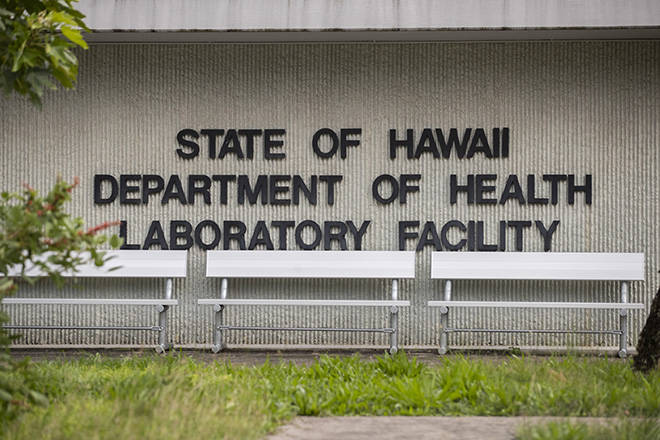The Delta variant of the coronavirus, which may spread more easily and cause more severe illness, has been detected in Hawaii, according to the state Department of Health.
The variant was detected in a specimen from a fully vaccinated Oahu resident who traveled to Nevada in early May and who had a negative COVID test prior to returning to Hawaii.
Several days after returning to Hawaii, the person developed mild symptoms consistent with a COVID infection and subsequently tested positive for the virus. There is no evidence that the person passed on the virus and household members and close contacts were quarantined.
The strain of COVID-19 was first detected in India, where its rapid spread set off a public health crisis in April and May. The majority of the country remains unvaccinated.
The Delta variant now comprises about 6% of the cases in the United States.
“Early evidence suggests the Delta variant might spread more quickly than other SARS-CoV-2 strains,” said Edward Desmond, the Health Department’s state laboratories division administrator in a news release. “There are reports the Delta variant produces a higher rate of severe illness than original COVID-19, but we do not yet have enough evidence to support that conclusion.”
Health officials stressed that the vaccine can prevent severe illness when there is a rare “breakthrough” case in someone that is fully vaccinated.
“The vaccines not only help protect against infection, they protect against severe illness,” said State Health Director Elizabeth Char. “While this is one of those very rare breakthrough cases in which the vaccine did not prevent infection, the infected person did not suffer severe illness.”
Click here to see our full coverage of the coronavirus outbreak. Submit your coronavirus news tip.
